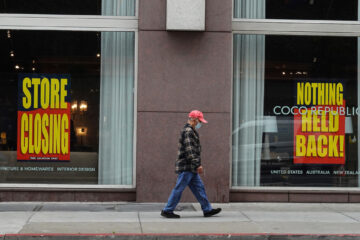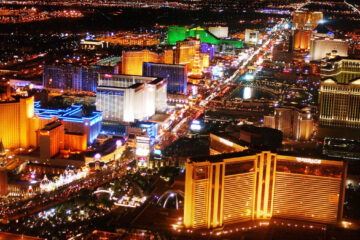Pershing Square’s Bill Ackman made money on the economy’s decline at the beginning of the pandemic and then its rebound later on.
Hedge fund titan Bill Ackman, CEO of Pershing Square Capital Management, made $3.85 billion on $204 million of bets at both ends of the pandemic.
The news came from The Wall Street Journal, which cited fund documents and knowledgeable sources.
Ackman’s success didn’t come in his usual activity of buying and selling stocks but rather in the bond markets.
In late February 2020, Ackman grasped the seriousness of Covid, so he purchased $27 million of securities that would gain in value if corporate bonds fell, The Journal reported. Pershing Square’s stock positions were falling in sync with the overall market at the time, and Ackman said that the credit position could help compensate for the stock losses.
Several weeks after establishing the holding, Ackman sold it for $2.6 billion, a profit of almost 100 times his investment. The gain resulted from market fears that companies hurt by the pandemic wouldn’t be able to repay their debts.
Ackman used some of that windfall to lift his holdings in Hilton Worldwide (HLT) – Get Hilton Worldwide Holdings Inc Report, Lowe’s (LOW) – Get Lowe’s Companies, Inc. Report and Burger King, owned by Restaurant Brands (QSR) – Get Restaurant Brands International Inc Report, whose shares were battered by Covid, according to The Journal.
Fast forward to the end of 2020, when Ackman foresaw the economy pulling out of its funk. He believed consumer spending would explode, leading to major inflation. And he thought that would push the Federal Reserve to tighten monetary policy, The Journal reported.
He was right on all counts.
Ackman shelled out $177 million for options connected to Treasury bonds that would rise in value if interest rates soared over the next 18 months, according to The Journal. Rates have indeed jumped since then.
And with the Fed increasingly making noise about raising rates, Ackman exited his position last month, earning a profit of $1.25 billion, or more than seven times his investment.
He put most of that profit into shares of Netflix (NFLX) – Get Netflix, Inc. Report, The Journal reported.


